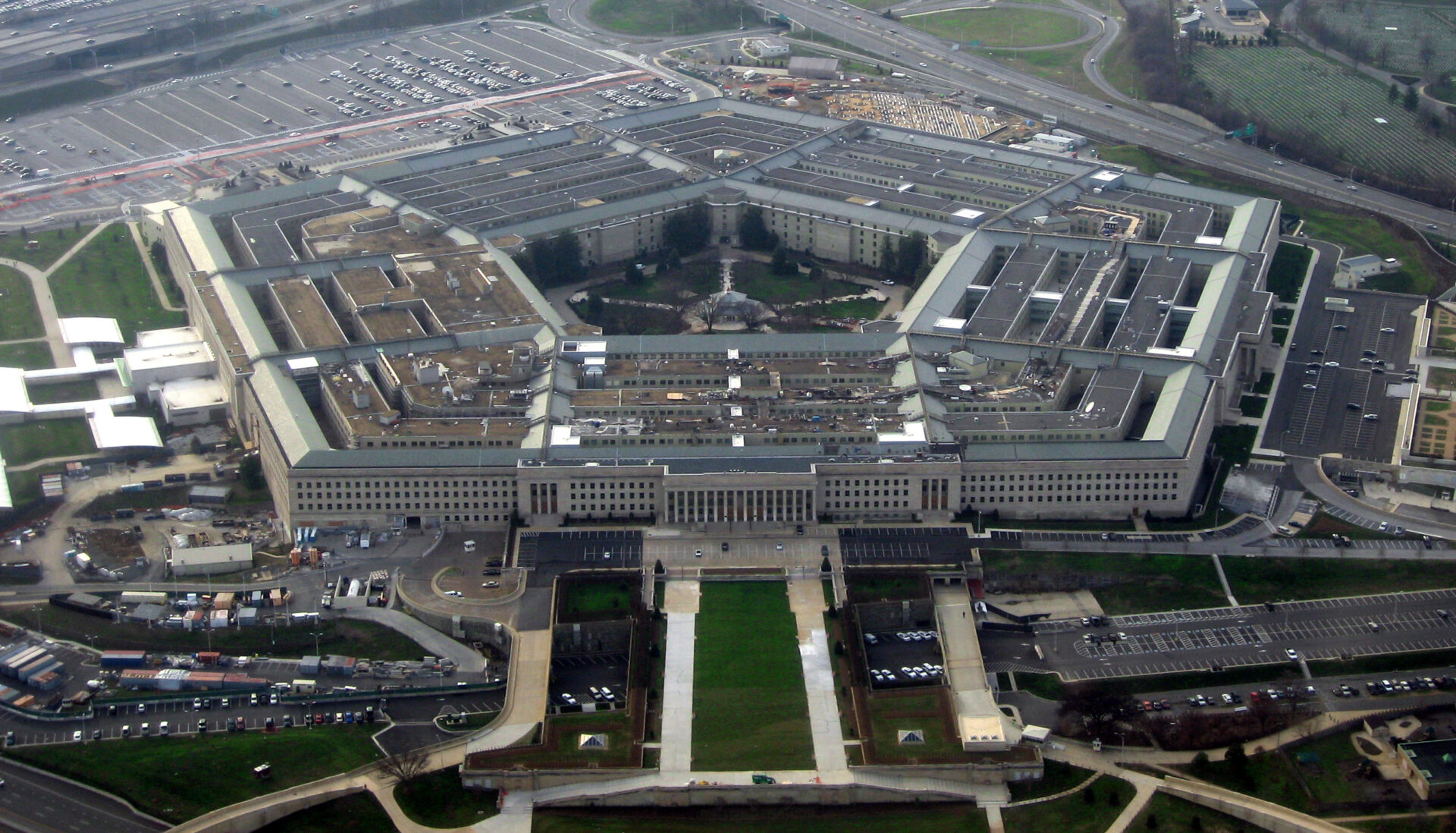Key takeaways
• Pentagon admits it could not verify identities before boat strikes
• Lawmakers on both sides demand legal explanations
• Officials say they don’t need positive ID to launch strikes
• White House calls criticism a shutdown distraction
The Pentagon recently told lawmakers it never confirmed who was on the boats before it attacked. The military launched strikes on more than a dozen vessels in the Pacific and Caribbean. Officials say they did not need to know who was aboard. This news surprised many members of Congress. They worry about the rule of law and the lives lost.
Pentagon Strikes and Lawmaker Concerns
Rep. Sarah Jacobs said, “They said that they do not need to positively identify individuals on the vessel to do the strikes.” In a private briefing, she learned the Pentagon used force without proof of the target’s identity. This sparked strong reactions from both sides of the aisle. Some lawmakers said the lack of proof violates basic military rules.
Rep. Jason Crow added he left the meeting unclear about the legal basis for the strikes. He wanted lawyers in the room. Yet military officials refused to explain without legal staff present. Crow said, “I’m walking away without an understanding of how and why they’re making an assessment.” He questioned if these actions meet legal standards.
Meanwhile, lawmakers also pressed for the evidence behind each strike. They want to know how the Pentagon judged these boats as drug traffickers. They asked for data on surveillance, intelligence, and warnings given before the attacks. However, officials kept much of their reasoning private.
Legal Questions After Pentagon Strikes
Law experts warn that attacking a boat without proof can break international laws. Nations must follow strict rules on the use of force. They must try to capture suspects when possible. If the Pentagon could not identify who was on each vessel, they could not hold survivors accountable or gather evidence. This weakens prosecutions and hides mistakes.
Moreover, critics argue that killing everyone aboard sidesteps due process. In one attack, a few people survived. The military could not try them because it lacked basic proof. Officials said they did not meet the “evidentiary burden.” This means they could not show who these individuals were or what crimes they committed.
On the other hand, supporters of the strikes claim the boats posed an urgent threat. They say drug traffickers use fast, armed vessels to move cargo at sea. In that view, commanders have the right to act swiftly. They argue that delaying strikes to confirm identities could let drug shipments pass through.
Despite these arguments, many remain uneasy. They point out that misidentifying targets could lead to friendly fire or civilian deaths. And without clear proof, innocent people might have died at sea.
Inside the Briefing
Lawmakers from both parties attended the Thursday meeting. They listened to military leaders admit they did not always know who was on each boat. The officials said they acted based on patterns of behavior and past intelligence. They claimed their decisions met military guidelines.
Yet lawmakers pressed for more transparency. They asked for written rules and legal memos justifying the strikes. The briefers refused to share those documents without lawyers present. This refusal fueled more skepticism in the halls of Congress.
Lawmakers also asked about any after-action reviews. They wanted to see what went right and what went wrong in each strike. So far, the Pentagon has not released full reports. Critics say this secrecy undermines accountability.
Government Shutdown Distraction?
The White House stepped in after the briefing. Deputy Press Secretary Anna Kelly called the complaints a way to distract from the shutdown. She said critics focus on the strikes to shift blame away from stalled budget talks. Kelly insisted the administration followed all rules when ordering attacks.
However, critics see this statement as deflection. They argue the shutdown causes many real problems but does not excuse possible legal missteps. They believe the public deserves clear answers on life-and-death military decisions.
Broader Implications
As drug trafficking grows, the military may face more calls for sea strikes. This trend raises new questions:
• How much proof is enough?
• Can commanders act on patterns alone?
• What steps protect innocent lives?
• Should lawmakers set clearer rules?
Experts say Congress may need to update laws governing maritime military actions. They might require a minimum proof standard before any strike. Others urge stronger oversight, such as regular congressional reports.
In the end, the Pentagon will have to show it can balance speed with caution. It must protect national security and respect legal limits. Without clear rules, future strikes could spark more controversy and legal challenges.
Looking Ahead
Lawmakers plan more hearings on this issue. They want to hear from legal experts and human rights groups. They also hope to see classified documents that explain each strike. Meanwhile, the Pentagon may face pressure to revise its guidelines on targeting ships.
For now, the story highlights a tough dilemma. On one side, swift military action can stop illicit operations. On the other, a lack of proof can harm innocent people and break laws. As debate continues, the world watches how the United States handles force at sea.
Frequently Asked Questions
Why did the Pentagon attack without ID?
Officials said they used behavior patterns and past intelligence. They claimed they did not need a positive ID to act.
What do lawmakers want now?
They seek legal memos, after-action reviews, and clear rules on when strikes are allowed.
Could innocent people have died?
Yes. Critics warn that without proper proof, the military could hit boats with civilians aboard.
What might change because of this?
Congress may tighten laws on maritime strikes and demand more oversight to protect lives and uphold the law.
